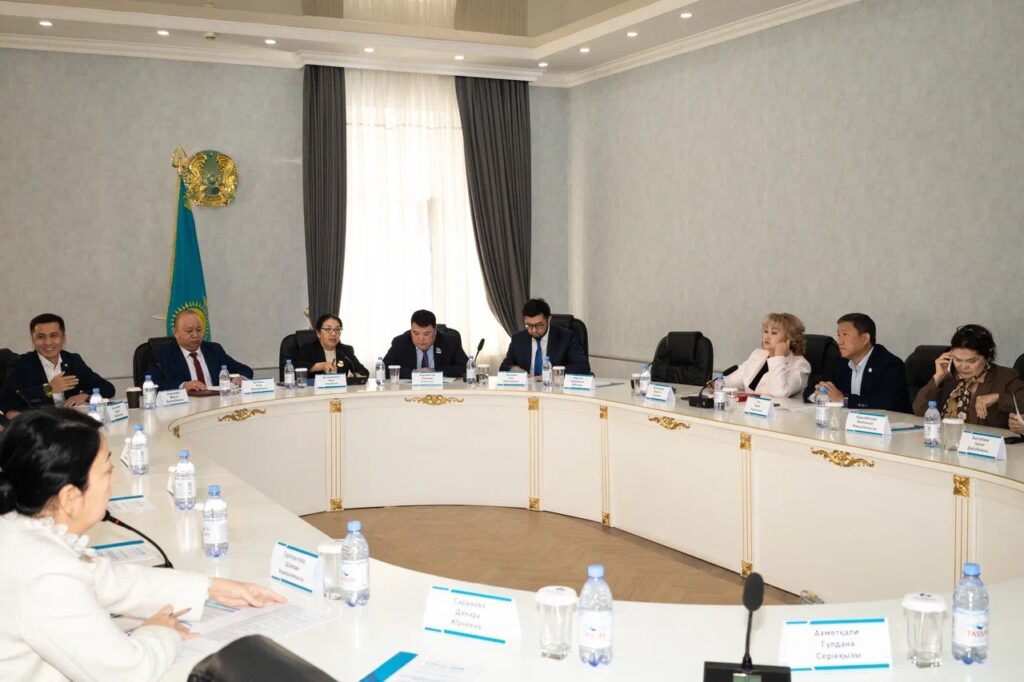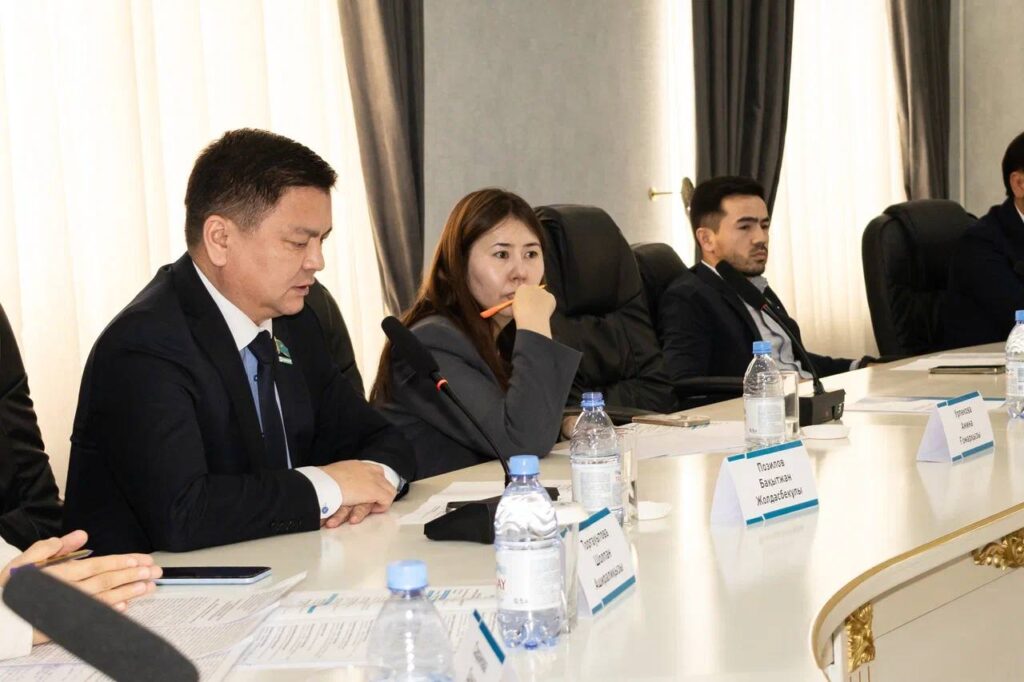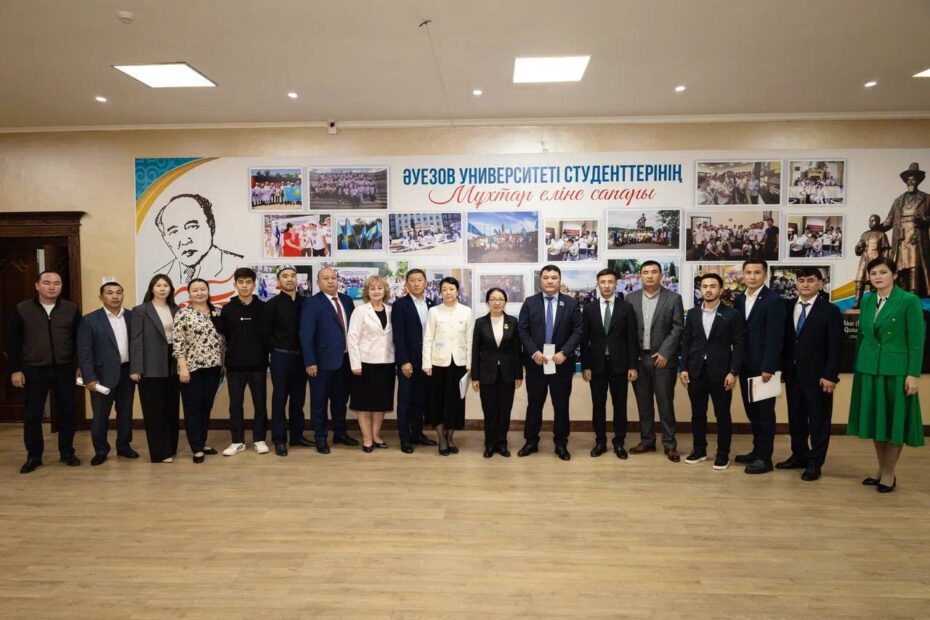On October 22, 2025, Shymkent hosted a session of the National Expert Platform “KISI GPS: Gylym. Pikir. Sayasat” dedicated to sustainable regional development in Kazakhstan, as well as current digital, economic and social agendas. The event was organized by the Kazakhstan Institute for Strategic Studies under the President of the Republic of Kazakhstan.
Participants of the expert platform – deputies of maslikhats, representatives of government agencies, the non-governmental sector, academia and experts – discussed regional policy priorities outlined in the President’s Address to the People of Kazakhstan. The key focus was on digital transformation, economic growth, and social resilience in the regions.
Opening the session, KazISS Deputy Director Alua Zholdybalina stated:
“Today, the issues of balanced regional development, improving quality of life, implementing digital solutions, and shaping new economic centers are becoming central elements of the country’s strategic course.”
She emphasized that holding KISI GPS in Shymkent is symbolic, as the region has been demonstrating sustainable economic growth and is one of the most dynamically developing territories in the country:
“In recent years, Shymkent has shown stable growth in key sectors. The volume of investments in fixed capital has nearly doubled between 2021 and 2024, reflecting increased business confidence and the creation of a favorable investment environment.”
According to A. Zholdybalina, KazISS pays special attention to enhancing analytical capacity at the regional level by developing a network of local representatives, which already covers nine regions of the country.
Chairman of the Shymkent Maslikhat Bakhadyr Narymbetov noted in his remarks that digitalization plays a key role in improving governance efficiency and the quality of life of citizens. According to him, the implementation of digital solutions contributes to transparency, agility and openness of local authorities.
“Digitalization is the key to effective governance and sustainable urban growth,” he stressed.
Vice-Rector of M. Auezov South Kazakhstan Research University Gani Besbayev noted that the university is actively developing expertise in digitalization, artificial intelligence, Big Data and robotics:
“Modern laboratories are being launched at the university, while research and pilot projects are carried out to introduce digital and intelligent technologies,” G. Besbayev emphasized.
Deputy Director of the Chamber of Entrepreneurs of Shymkent Maksat Otkelbayev spoke about ongoing work on an interactive city map for investors. According to him, this project will help consolidate data on industrial, logistics and social infrastructure, simplify the selection of investment sites and improve transparency of business–government interaction:
“The interactive map will become a tool to help investors make informed decisions and enhance Shymkent’s investment attractiveness,” stated M. Otkelbayev.
Head of the iKomek 109 Situation Center of Shymkent Azat Amirtayev presented the city’s experience in introducing digital services and rapid response systems. He noted that the center’s work is aimed at improving interaction between citizens and public services, ensuring prompt responses to public requests:
“Digital platforms are becoming an integral part of the urban ecosystem, improving transparency, agility and the quality of public services,” A. Amirtayev stressed.
Regional Manager of Shymkent Hub Kurmangazy Muratov expressed the view that one of the city’s priorities is the development of the local startup ecosystem. According to him, Shymkent Hub strives to become a center of attraction for young entrepreneurs and technology initiatives:
“We create conditions for the growth of innovative projects, support startups and develop IT entrepreneurship,” said K. Muratov.
Participants of KISI GPS concluded that sustainable regional development requires a systemic approach that unites the efforts of the state, business, and academic and public institutions.
Based on the results of the meeting, recommendations will be developed to improve regional policy, strengthen cross-sectoral cooperation, and support the development of innovative ecosystems in Kazakhstan’s regions.








